The moral hazard of Syria's civil war
This brutal conflict is destined to disgrace every foreign power that intervenes in it
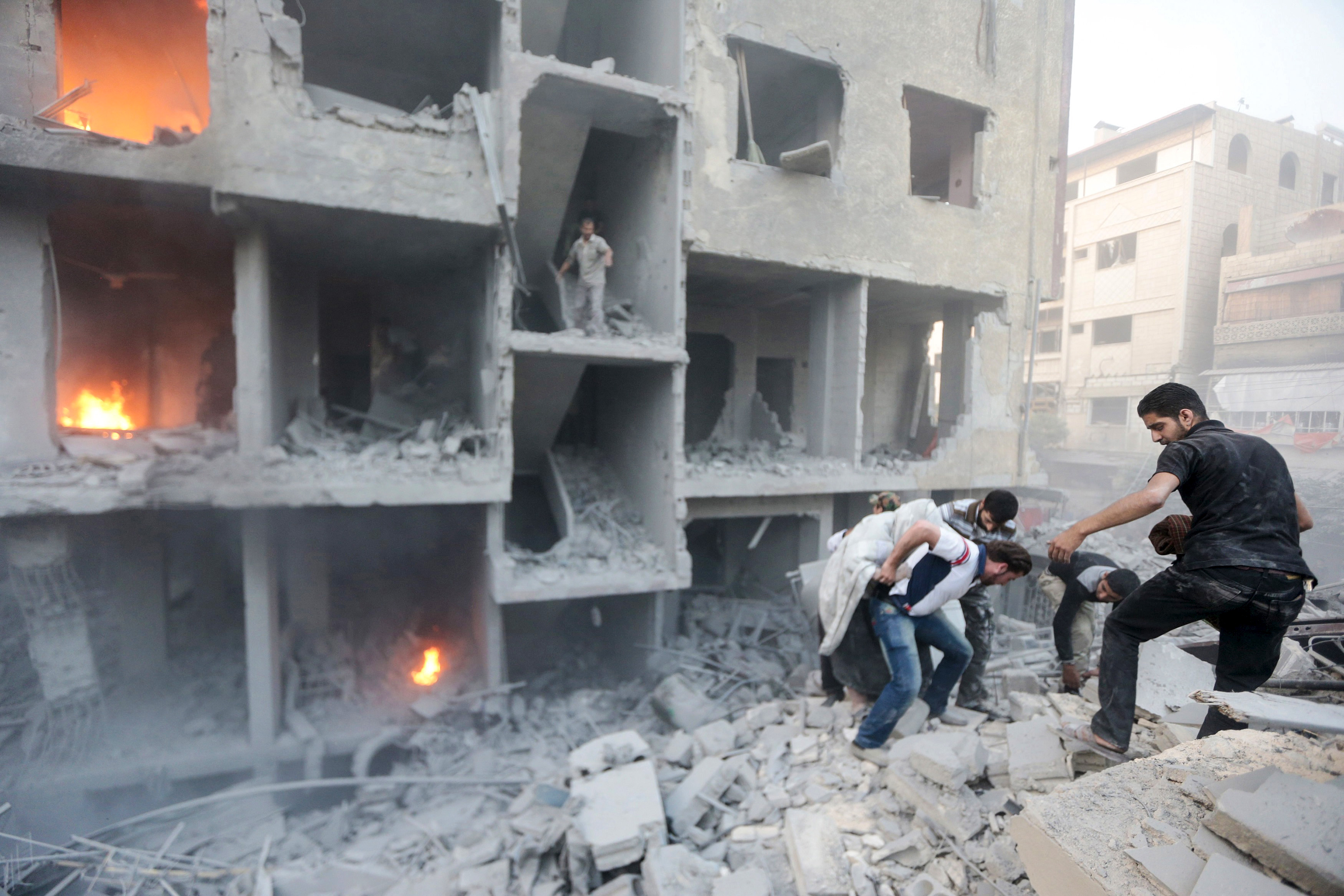

The Syrian civil war is destined to disgrace every foreign power that intervenes in it.
This is a civil war that never ends. Interventions from major powers are aimed not at victory — the contours of which are unimaginable — but at improving the relative position of their clients at a negotiating table. Indeed, the U.S. and Russia deliberately deceived their own people about their aims in intervening, or who they are even fighting. None of the intervening powers seem to have a clear idea of what kind of end state they can achieve, or what they would be willing to do to achieve it.
And so, Syria and several world powers are stuck in an intractable regional conflict and consequent refugee crisis that threatens changing the political fortunes of European parties and the continuance of the Schengen scheme of free travel in continental Europe. It's a humanitarian disaster.
The Week
Escape your echo chamber. Get the facts behind the news, plus analysis from multiple perspectives.

Sign up for The Week's Free Newsletters
From our morning news briefing to a weekly Good News Newsletter, get the best of The Week delivered directly to your inbox.
From our morning news briefing to a weekly Good News Newsletter, get the best of The Week delivered directly to your inbox.
Further, the intervening powers — the United States, Russia, Turkey, Iran, and Saudi Arabia — have created moral hazards that actually encourage more bloodshed. We usually hear about moral hazard when talking about credit standards. For instance, if the government promises to backstop big banks from failure, it encourages them to make risky loans. The same distortion in calculation can happen in foreign policy.
When a band of rebels who by themselves have little hope of overthrowing their government can suddenly imagine a major power like the United States intervening on their behalf, the cost of revolution is lowered. The same goes for dictators holding onto a decrepit regime. If Iran and Russia swoop in, the dictator can defer recognizing the reality of his broken rule, and instead of accepting exile, he fights on.
That's what happened in Syria. In December 2012, the U.S., Britain, France, Turkey, and several Sunni allies "recognized" the opposition as the "legitimate representative" of the Syrian people. When that's on the table, there is no reason to accept Bashar al-Assad's concessions. President Obama's much publicized "red line," in which he said the United States had to intervene if Assad used chemical weapons, became an immediate inducement for rebel groups to launch an attack that provoked Assad to do just that.
Alan J. Kuperman of the University of Texas has applied this understanding of moral hazard to interventions justified under the emerging "Responsibility to Protect" norm in international affairs:
A free daily email with the biggest news stories of the day – and the best features from TheWeek.com
"The root of the problem is that genocide and ethnic cleansing often represent state retaliation against a sub-state group for rebellion, or armed secession, by some of its members. The emerging norm, by raising hopes of diplomatic and military intervention to protect these groups, unintentionally fosters rebellion by lowering its expected cost and raising its likelihood of success. Intervention does sometimes help rebels attain their political goals, but it is usually too late or inadequate to avert retaliation against civilians. Thus, the emerging norm resembles an imperfect insurance policy against genocidal violence. It creates a moral hazard that encourages the excessively risky behavior of rebellion by members of groups that are vulnerable to genocidal retaliation, but it cannot fully protect these groups against the backlash. The emerging norm thereby causes some genocidal violence that otherwise would not occur." [Alan J. Kuperman]
In other words, it is third parties, or the population at large, that pay the worst costs of this foreign policy moral hazard. We see this not just in the way that intervening powers in Syria have encouraged civil war, but also in how they have addressed the resulting humanitarian crisis. As Europe and the United States announced that they would expand their efforts to absorb refugees from the war, Assad increased the violence on populations he hoped would take advantage of this offer.
This parade of tragedies has been papered over in lies. As Americans became incensed at the depredations of ISIS, Obama promised to degrade and defeat them with air power. He's since shifted the goalposts to merely containing ISIS — and in the wake of Friday's terror attacks in Paris, France has found plenty of targets that the United States overlooked during months of bombing. Russia jumped into the conflict promising to take on ISIS, but instead bombed the so-called "moderate rebels" who were a more immediate and proximate threat to Assad, their client. Iran and the Gulf States hide their motives with similar deceptions.
Syria languishes, nearly half of its population displaced, a quarter exiled. And the great powers of the world continue their game of investing just enough into the conflict to keep it going. They may all avoid their worst-case scenarios for the aftermath, but at the price of destroying the country they claim to help.
Michael Brendan Dougherty is senior correspondent at TheWeek.com. He is the founder and editor of The Slurve, a newsletter about baseball. His work has appeared in The New York Times Magazine, ESPN Magazine, Slate and The American Conservative.
-
 Political cartoons for November 27
Political cartoons for November 27Cartoons Thursday's political cartoons include giving thanks, speaking American, and more
-
 We Did OK, Kid: Anthony Hopkins’ candid memoir is a ‘page-turner’
We Did OK, Kid: Anthony Hopkins’ candid memoir is a ‘page-turner’The Week Recommends The 87-year-old recounts his journey from ‘hopeless’ student to Oscar-winning actor
-
 The Mushroom Tapes: a compelling deep dive into the trial that gripped Australia
The Mushroom Tapes: a compelling deep dive into the trial that gripped AustraliaThe Week Recommends Acclaimed authors team up for a ‘sensitive and insightful’ examination of what led a seemingly ordinary woman to poison four people
-
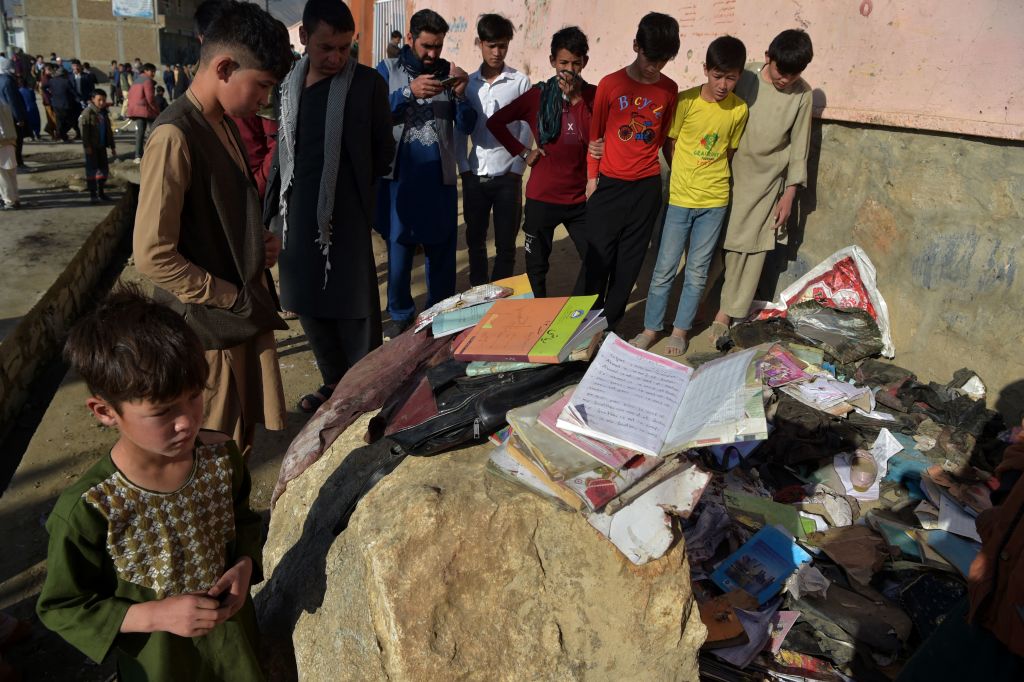 Bombing at girls' school in Kabul kills at least 50, including students
Bombing at girls' school in Kabul kills at least 50, including studentsSpeed Read
-
 Garland says DOJ is 'pouring its resources' into stopping domestic terrorists 'before they can attack'
Garland says DOJ is 'pouring its resources' into stopping domestic terrorists 'before they can attack'Speed Read
-
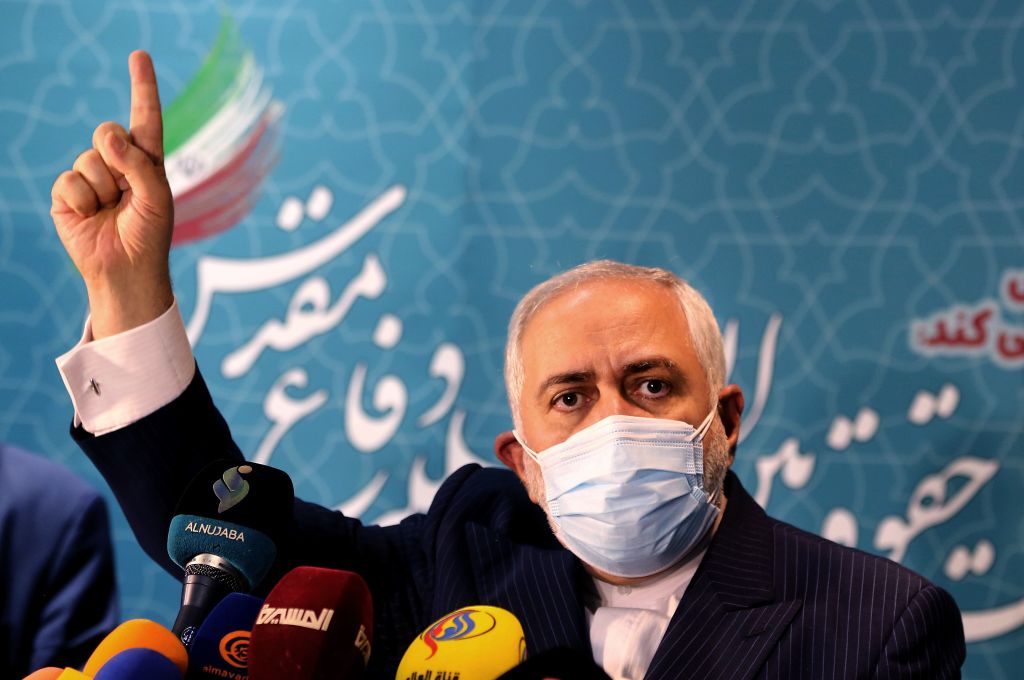 Suspected Israeli cyberattack on Iranian nuclear site complicates U.S.-Iran nuclear deal talks
Suspected Israeli cyberattack on Iranian nuclear site complicates U.S.-Iran nuclear deal talksSpeed Read
-
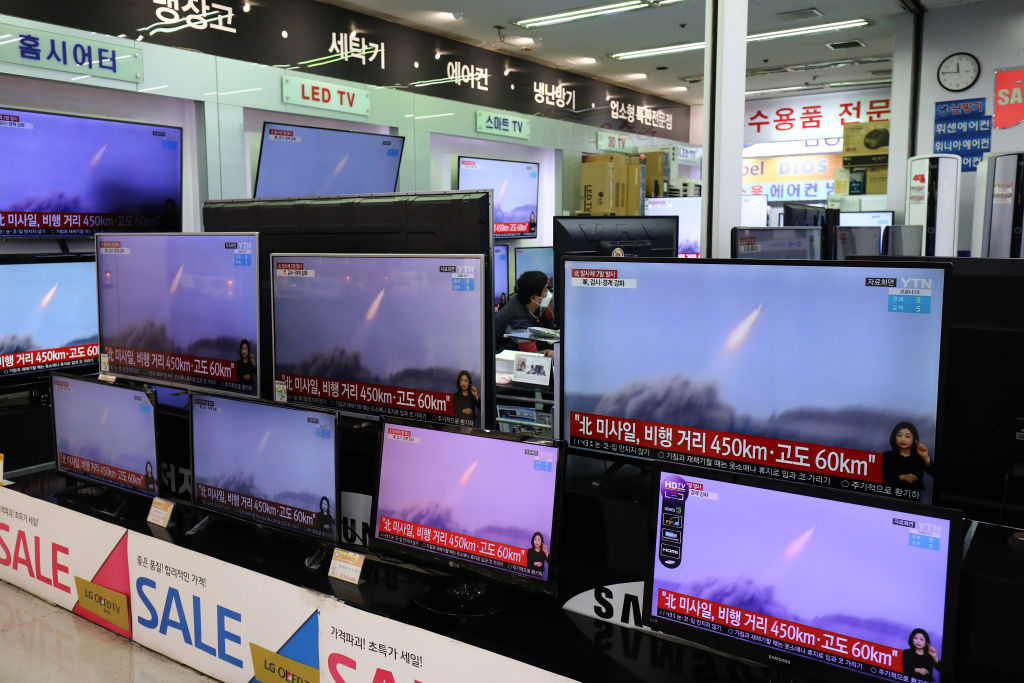 North Korea fires 2 ballistic missiles into sea
North Korea fires 2 ballistic missiles into seaSpeed Read
-
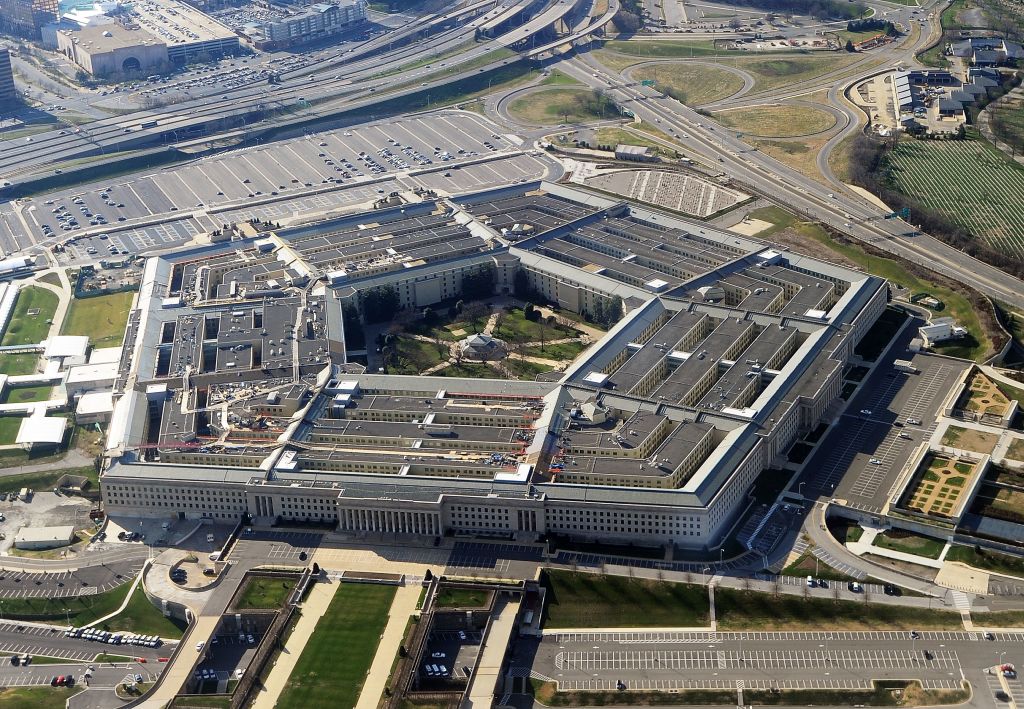 U.S. airstrikes target Iranian-backed militia facilities in Syria
U.S. airstrikes target Iranian-backed militia facilities in SyriaSpeed Read
-
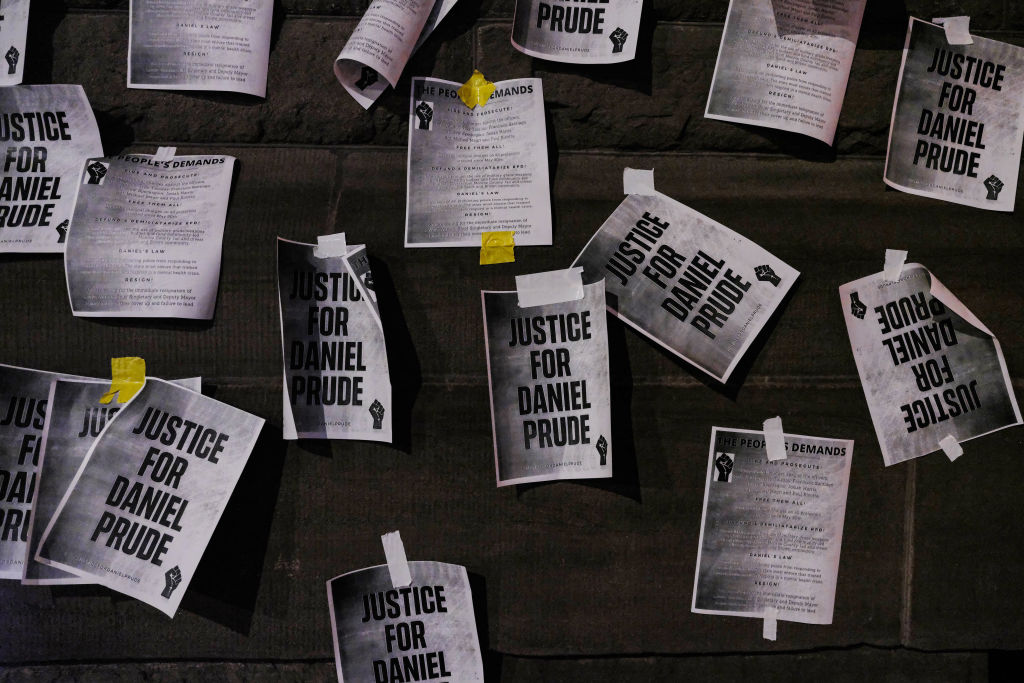 Rochester police who killed Daniel Prude during mental health crisis won't face charges
Rochester police who killed Daniel Prude during mental health crisis won't face chargesSpeed Read
-
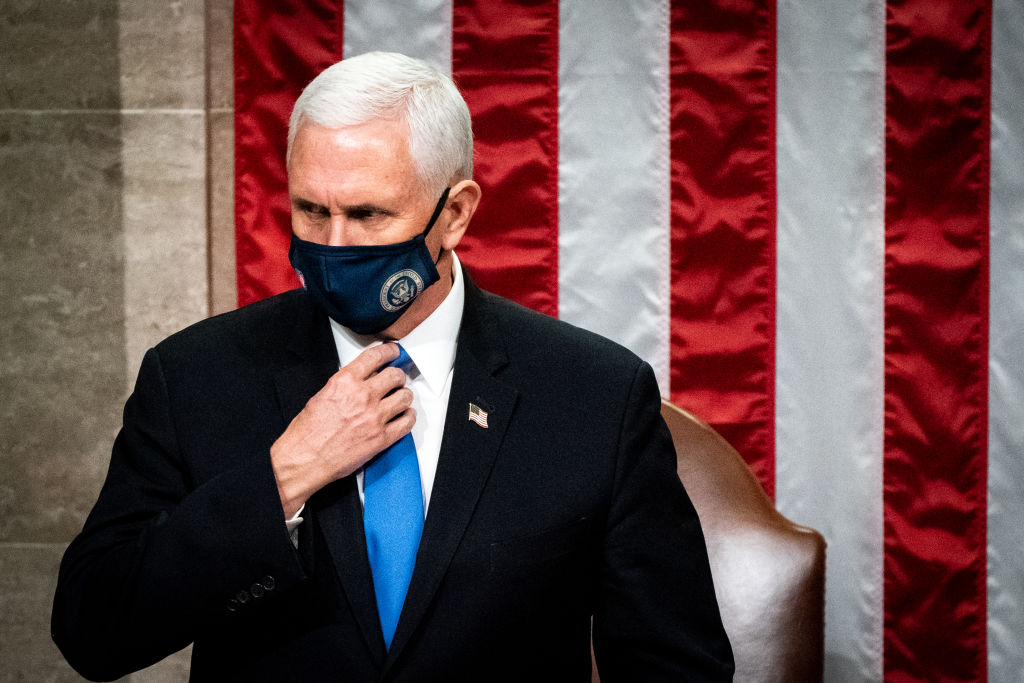 Mike Pence's 'nuclear football' was also apparently at risk during the Capitol siege
Mike Pence's 'nuclear football' was also apparently at risk during the Capitol siegeSpeed Read
-
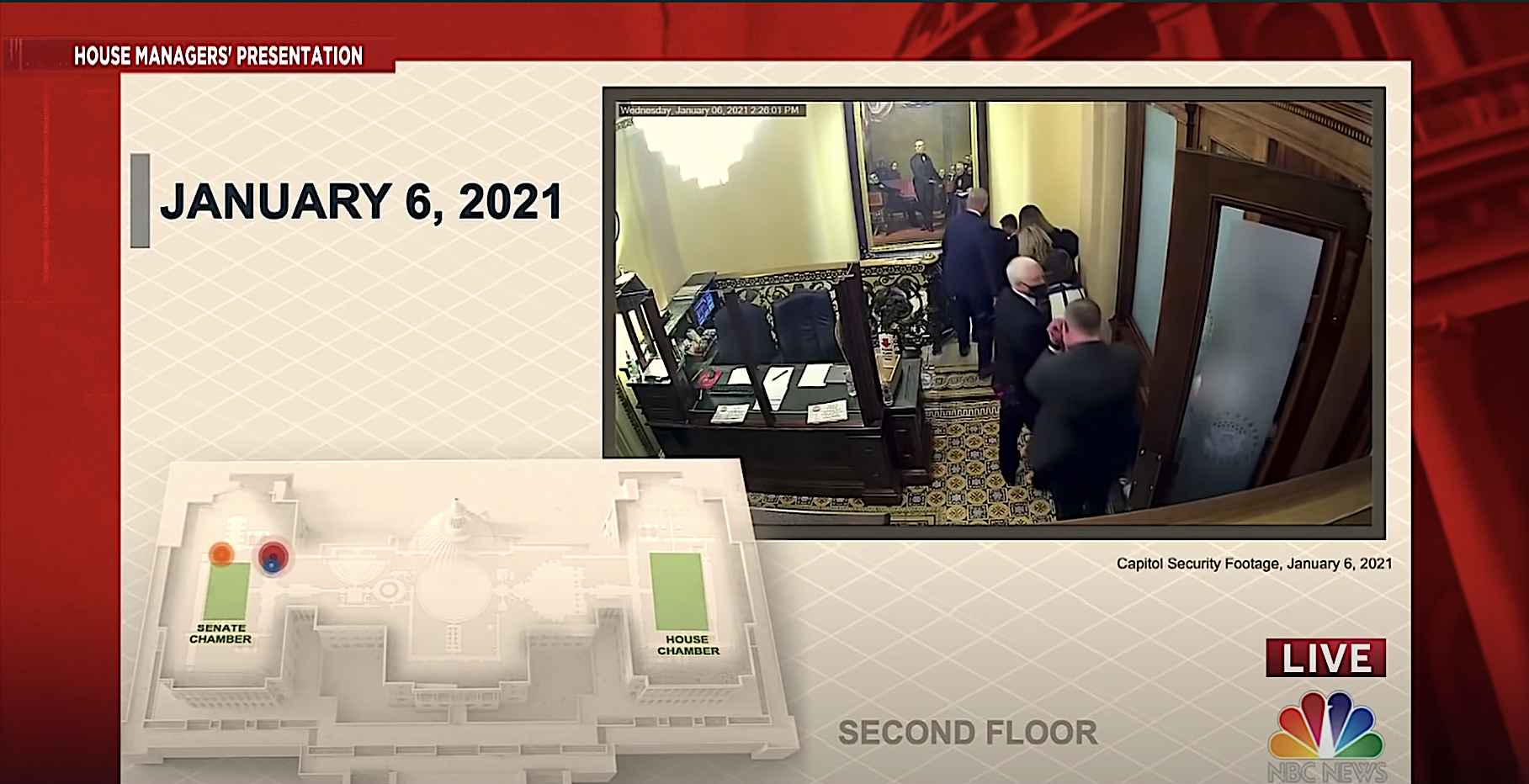 Trump publicly attacked Pence during the Capitol riot knowing Pence was in trouble, GOP senator suggests
Trump publicly attacked Pence during the Capitol riot knowing Pence was in trouble, GOP senator suggestsSpeed Read
